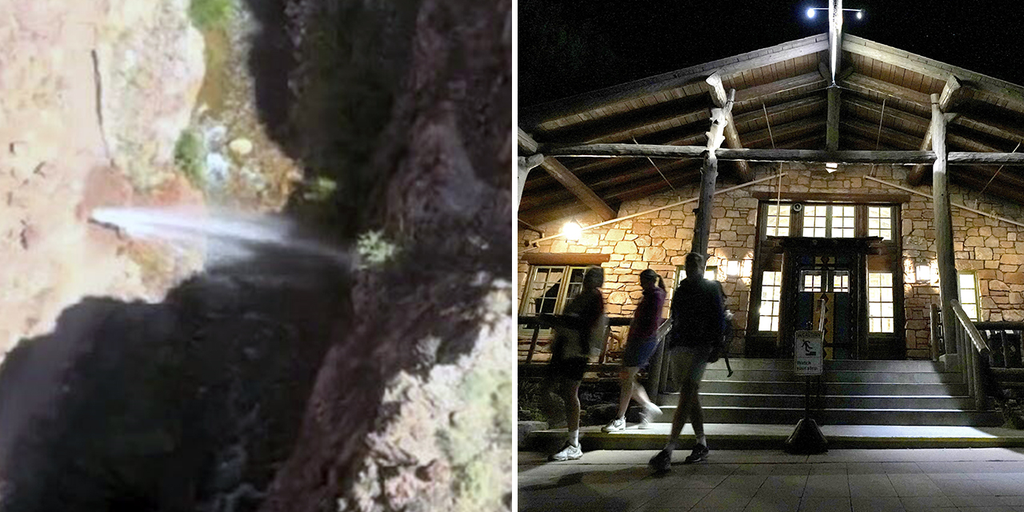Grand Canyon National Park hotels to close after water pipe failure
2 min read

In response to a critical failure in the park’s water infrastructure, Grand Canyon National Park will close all its hotels and limit camping options ahead of the busy Labor Day weekend. This decision is driven by significant issues with the park’s aging water supply system.
The National Park Service announced that all hotels within the park will cease operations starting Thursday night. Only “dry camping,” where visitors must bring their own water, will be permitted. The park depends on the Transcanyon Waterline, a system that has recently suffered multiple substantial breaks, leading to a severe disruption in water supply.
Currently, the park is home to approximately 950 hotel rooms, but specific details about the extent of the closures were not provided. Although overnight accommodations are unavailable, the park will remain open to day visitors over the holiday weekend. Essential services, including food outlets, a post office, and a medical clinic, will continue to operate.
Visitors will have access to limited water from spigots and restrooms, and campers are advised to either bring sufficient water or treat water from local sources such as streams or the Colorado River. Campfires will be prohibited in the South Rim and inner canyon areas as a precaution.
According to the National Park Service, these restrictions are necessary to ensure the safety and sustainability of the park’s water resources. The service aims to restore full accommodations as swiftly as possible, though no specific timeline has been provided.
Hotels situated outside the park in surrounding Arizona towns are not impacted by this situation. Many visitors have expressed frustration on the park’s Facebook page, with some scrambling to find alternative lodging. One visitor commented, “I will look for accommodations outside the park. Sorry this is going on, but we won’t let it stop us!” Another noted, “I ended up booking outside of the park and plan on canceling my [National Park Service] reservation. I have spent tons of money on this trip which includes other stops along the way.”
Temperatures within the park on Thursday are expected to vary significantly, ranging from 28°C (84°F) at the South Rim to 38°C (100°F) in the Inner Canyon. The Transcanyon Waterline, which was originally installed in the 1960s, has outlived its expected lifespan and frequently experiences failures. The National Park Service reported that water supply issues began on July 8, with no water currently being pumped to either the South or North Rim, which are key tourist areas.
Since 2010, the pipeline has experienced over 85 major breaks, prompting the park service to initiate a $208 million reconstruction project. This significant renovation, scheduled for completion in 2027, aims to resolve the recurring problems with the aging infrastructure.
Grand Canyon National Park attracts approximately six million visitors annually and is also home to around 2,500 year-round residents. The current water supply issues highlight the ongoing challenges faced by the park in maintaining its facilities and infrastructure to serve its vast number of visitors.